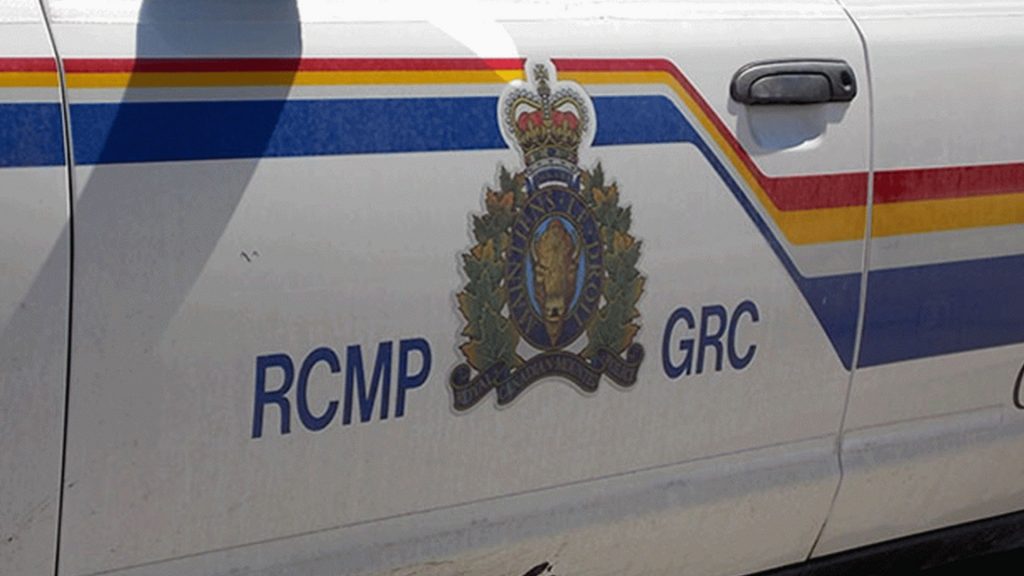
A lawyer in Vancouver is questioning the province’s decision to put $250 million towards the RCMP and rural policing.
On Nov. 23 B.C. announced that the money will go to “enhancing investments in core police funding.”
Kyla Lee, a Métis lawyer specializing in criminal law in Vancouver, released a Tiktok video speaking out against the money.
@kylaleelawyer Yesterday the BC Government announced $230 Million in spending on more #RCMP officers in the province. But will this #bcpoli announcement actually cost a lot? Probably not. The use to which the money is put will allow the government to recoup the costs easily. #canadianlaw #police #trafficticket #driving #assetforfeiture #criminallaw #britishcolumbia ♬ original sound – Kyla Lee
Lee said Indigenous voices are missing from the conversation.
“I mean, it is definitely something that’s absent, especially because a lot of the Indigenous communities that you see … across Canada have been asking for government support in moving away from the policing by the RCMP and moving towards having their own nation based police forces, and you don’t see money coming for that.
“The money is going directly to the RCMP, which … is the source of a lot of problems in the over policing of indigenous communities. And I also read this reference to rural policing as a euphemism for policing communities that are largely Indigenous,” said Lee.
Indigenous voices are missing from police funding conversations
In September 2022 B.C. released a report called A Rapid Investigation into Repeat Offending and Random Stranger Violence in British Columbia. In the report, researchers acknowledge that Indigenous voices are missing from their report.
The report says, “consultation with Indigenous communities requires relationship and trust-building, which takes time and resources that were unavailable as part of this rapid review. We want to acknowledge and stress that Indigenous Peoples in Canada continue to be disproportionately impacted by harms associated with and perpetrated by the criminal justice system as well as prohibitionist drug policy.”
The report recommends increasing the number of prosecutors on Crown council and the number of probation officers, but does not advocate for hiring more police officers, outside of the probation officers, in its 28 recommendations.
The B.C government said the $250 million towards the RCMP will help policing in rural, remote and Indigenous communities, as well as support for prosecutors and probation officers for violent high-risk offenders.
“Everyone deserves to feel safe, and my government is working on every front to protect our communities and make them stronger,” said Premier David Eby in the press release. “As part of our Safer Communities Action Plan, we will help ensure that the RCMP can operate to its full capability to keep people safe.
“The actions today will help stabilize policing and provide our provincial police force with the staff resources they need to address public safety concerns head on.”
Ten new Indigenous justice centres
A part of the money is to go to ten new Indigenous justice centres that focus on healing lodges.
This move was supported by the B.C First Nations Justice Council. According to the CFNJC, Indigenous justice centres offer culturally appropriate justice services to support Indigenous people with their interactions in the colonial justice system.
“CFNJC’s approach is premised on the necessity of unpacking the harms of an unchecked criminal justice system long understood to be plagued by systemic racism,” said acting chair Rosalie Yazzie in the statement.
Indigenous justice centers work to reduce incarceration, and divert Indigenous people to a path that avoids interacting with the justice system. They also provide supports to help Indigenous people navigate the justice system.
Indigenous victims of crime stats are rising
“If we look at crime statistics in Canada, not only do we see growth of overrepresentation of Indigenous people as the people who are charged with crimes and sentenced to jail, we also see massive overrepresentation of Indigenous people as victims of crime,” said Lee.
Data from Statistics Canada states that the homicide rate for Indigenous victims was six times higher than that of non-Indigenous victims, and the homicide rate for Indigenous women was almost two times higher than that of non-Indigenous men.
Lee doesn’t think that increasing police funding will necessarily help these issues, especially when the government has pledged money to things like the B.C highway patrol.
“I generally do not believe that adding police officers or spending more money on policing is necessarily doesn’t necessarily correspond to a decrease in criminal activity, especially if you look at where this money is actually allocated,” said Lee.
Deaths in custody
The same week that the $250 million towards the RCMP was announced the Union of B.C Indian Chiefs put out a press release saying they were devastated to lean about the death of Kendal Campeau who was in prison at the Yellow Quill First Nation at the Pacific Institution in Abbotsford, BC when he died on November 14, 2021.
UBCIC Grand Chief Stewart Phillip, said in the press release that Indigenous people, “have long suffered at the hands of the Canadian legal systems and the creators of the laws that brand us as criminals of the state for merely existing.
“The incarceration of our peoples began with the creation of the reserve systems, then residential schools and now takes place through the child welfare system and the prison industrial complex. We are pushed around from system to system, facing abuse, racism, and violent mistreatment at every turn.”










